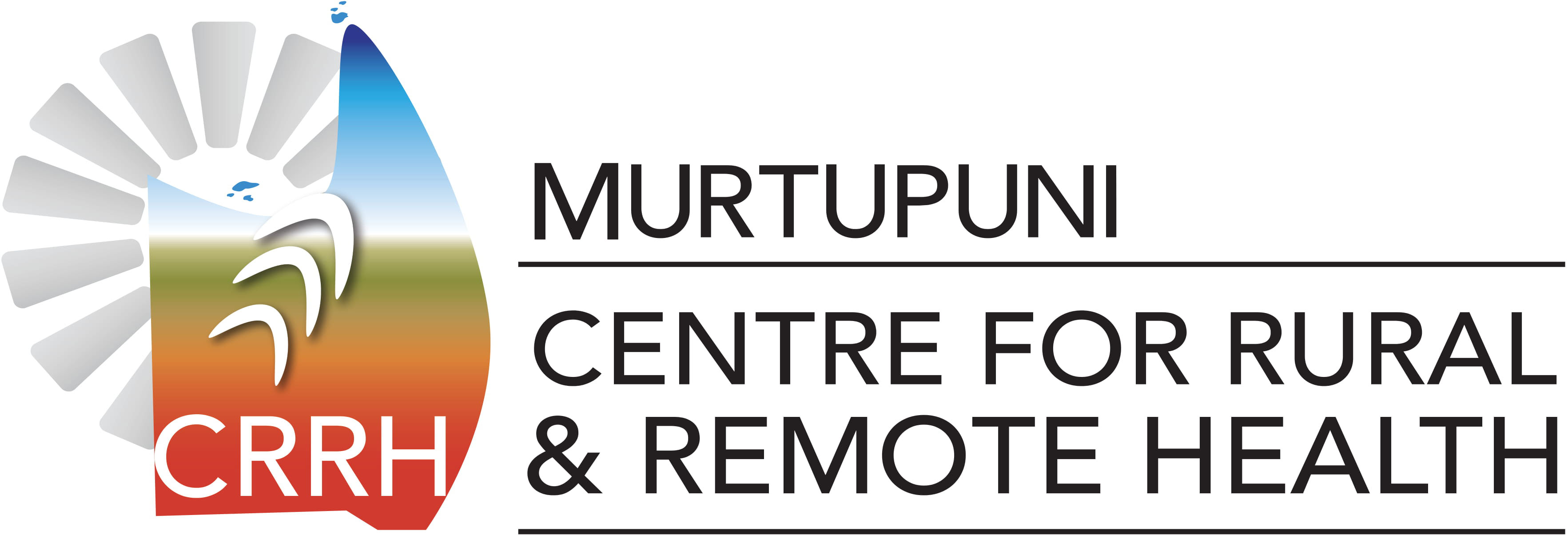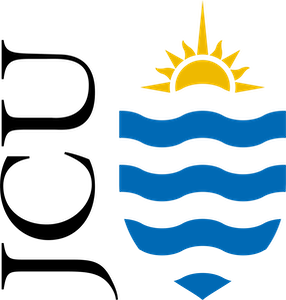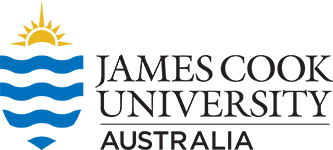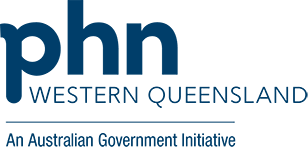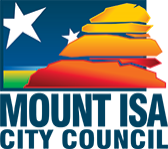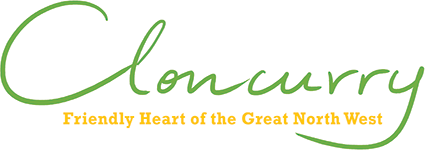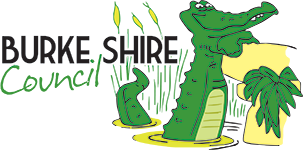Quicklinks
NARN's Strategic Plan
The NARN research strategies are strength-based and solution-focused. They are based on authentic community engagement and the IAHA cultural responsiveness framework, and aim to strengthen allied health services and providers. The strategies are:

Connect
Connect across northern Australia bringing together Aboriginal and Torres Strait Islander and non-Indigenous researchers, service providers and policy-makers to facilitate projects, programs and policies that improve the health and well-being of people and communities.
Key stakeholders agree that while there is much research focused on Aboriginal and Torres Strait Islander health, there is limited research translation and connection between those undertaking the research. The purpose of greater connections is to enhance the shared work. This connection will be based on a communication strategy.
Targets:
- Engage with NARN membership through holding regular regional and Northern Australian events to advance allied health research
- Communicate with NARN membership to share good news stories and promote NARN’s vision
Strengthen
Strengthen research participation to empower a new generation of allied health researchers, especially Aboriginal and Torres Strait Islander researchers.
It is fundamental that Aboriginal and Torres Strait Islander peoples lead research in Northern Australia. While NARN does not have direct responsibility for Higher Degree Research students or other academic outcomes such as publications and grants, these are all desirable from the perspective of advancing the NARN vision. NARN members may have individual opportunities to achieve these targets, and the NARN can support opportunities through connecting stakeholders and applying principles of cultural safety and responsiveness.
Targets:
- Increase the number of new Masters and PhD enrolments and completions involving work in Northern Australia
- Increase the number of projects involving ‘new researchers’ and community members working in Northern Australia
- Increase the number of publications, grants, conferences workshops involving researchers in Northern Australia along the research pipeline
Co-create
Co-create high quality research that is culturally responsive and solutions-focused research to strengthen the evidence base.
It is important to move beyond the poor practices of the past and implement what is now understood to be best practice, including elements such as community co-create, leadership and data sovereignty. The IAHA Cultural Responsiveness in Action Framework has been endorsed and adopted by NARN, and is an important tool to use with, and educate, researchers and community organisations.
Targets:
- All NARN members have a clear and shared understanding of cultural responsiveness and its application in research
- Research conducted meets IAHA Cultural Responsiveness in Action Framework principles and NHMRC Indigenous Research Criteria
Translate
Translate research into evidence-based practice and policy to enhance outcomes.
The translation of research into practice is fundamental for maintaining a high quality and effective health system. Research evidence is the basis for assessing the effectiveness of interventions and a translation framework, policy and plan needs to be embedded in all NARN projects. This includes sharing results with communities and further translation as governed by communities. NARN needs to demonstrate how translation of NARN research is occurring through citation counts, newsletters, events, and presentations.
Targets:
- NARN adopt agreed knowledge translation principles for best practice
- NARN implement a process for disseminating knowledge through Indigenous Allied Health Australia
- Develop the understanding of the value of allied health, through research and evaluation, to be able to meet community needs and expectations
Sustain
Sustain an effective Northern Australian Research Network (NARN) through strong governance and key leadership strategies and partnerships
To maximise impacts and outcomes, NARN needs to sustain itself to ensure that the NARN ethos and approach is systematic and embedded into practice. Having a clear structure, roles and responsibilities, funding models and planning and evaluation systems are all components of sustainability. The NARN leadership has begun discussions about defining the NARN-IAHA collaboration through a change in governance arrangements. Currently the two organisations work collaboratively (NARN Cochairs), share similar goals and philosophies and do not want to compete for resources. Investigating a formal merge opens possibilities that allow the IAHA governance arrangements to apply.
Targets:
- Establish a forward-facing governance structure
- Develop NARN’s research profile
- Strengthen research capacity within allied health workforce
